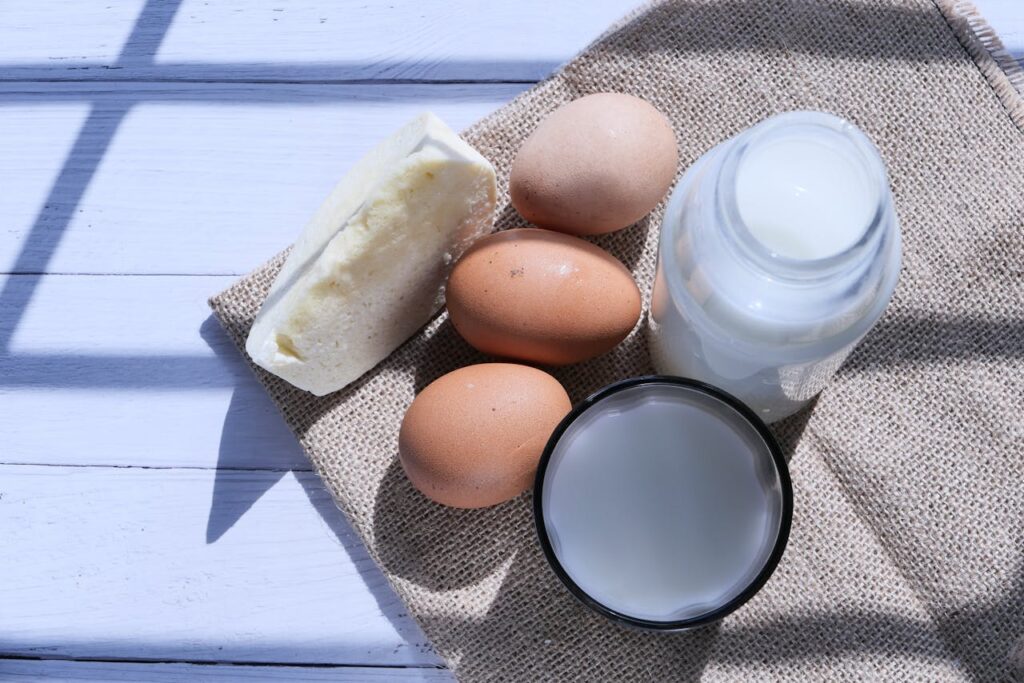Choline, often overlooked but essential, plays a crucial role in various bodily functions, especially during pregnancy.
Understanding its importance, benefits, and potential risks can help expectant mothers make informed decisions about their prenatal care.
What is Choline?
Choline is a nutrient that the body needs to produce acetylcholine, a neurotransmitter important for brain development, muscle function, and liver health.
While the body can produce some choline, pregnant women require additional amounts to meet the increased demands of both their own bodies and the developing fetus.

Benefits of Choline for Pregnant Women
- Improved Fetal Brain Development: Adequate choline intake has been associated with better cognitive function and memory in children.
- Reduced Risk of Birth Defects: Choline deficiency has been linked to an increased risk of neural tube defects.
- Enhanced Postpartum Recovery: Choline supports liver function and can help reduce the risk of postpartum complications.
Potential Risks of Choline Deficiency
- Neural Tube Defects: Insufficient choline intake during pregnancy may increase the risk of spina bifida and other neural tube defects.
- Liver Problems: Choline deficiency can also lead to liver damage and fatty liver disease.
What to Look for in Prenatal Supplements
Most prenatal vitamins contain choline. However, it’s essential to check the label to ensure that the supplement provides adequate amounts.
The recommended daily intake for pregnant women can be around 450 milligrams per day. Always confirm and consult with your professional healthcare Specialist.
Bottom Line: Testing for Choline
While most prenatal vitamins contain sufficient choline, it’s a good idea to get your choline levels checked by your healthcare provider.
This will help determine if you need additional supplementation.

Scientific Data to Support Benefits for Pregnant Mothers
Numerous studies have demonstrated the benefits of choline for pregnant women.
Research has linked adequate choline intake to improved fetal brain development, reduced risk of birth defects, and enhanced postpartum recovery.
By understanding the importance of choline and taking steps
to ensure adequate intake, pregnant women can support their own health
and the well-being of their developing babies.
Resources:
1Jaiswal A, Dewani D, Reddy LS, Patel A. Choline Supplementation in Pregnancy: Current Evidence and Implications. Cureus. 2023 Nov 8;15(11):e48538. doi: 10.7759/cureus.48538. PMID: 38074049; PMCID: PMC10709661.
